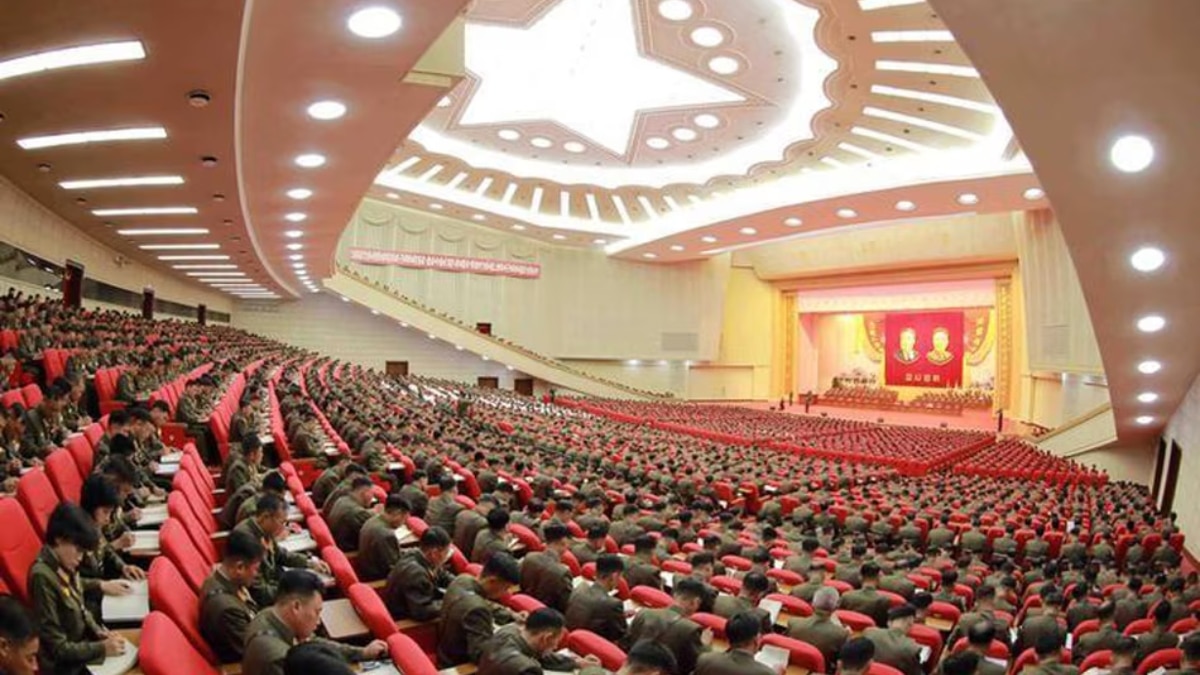Unification Minister Campbell has taken a firm stance on addressing human rights abuses in North Korea, pledging to prioritize the protection of human rights and the dissemination of information within the isolated nation. During a recent press conference, Campbell highlighted the urgent need to address the dire human rights situation and emphasized the importance of ensuring that the North Korean people have access to uncensored information.
In a recent press conference held at the Ministry of Unification in Seoul, Minister Campbell underscored the urgent need for international attention and action regarding the human rights situation in North Korea. Citing persistent reports from various human rights organizations and defector testimonies, Campbell described the situation as dire, emphasizing the systematic repression and persecution faced by North Korean citizens.
Campbell outlined a multifaceted approach aimed at addressing these issues, including increased diplomatic efforts to engage with international partners, advocacy for United Nations resolutions, and support for grassroots organizations advocating for human rights in North Korea.
One of the key aspects of Campbell’s strategy is to increase the flow of information into North Korea. The regime’s strict control over information has kept its citizens largely isolated from the outside world, perpetuating a narrative that supports the government’s propaganda. By promoting unfettered access to information, Campbell aims to empower the North Korean people with knowledge and alternative perspectives that could eventually lead to social and political change.
To achieve this, Campbell plans to collaborate with international organizations, human rights groups, and governments to enhance information dissemination efforts. This includes supporting initiatives that use technology to bypass the regime’s censorship, such as sending radio broadcasts, digital media, and printed materials into North Korea. Additionally, Campbell advocates for the use of innovative methods to ensure that information reaches the widest possible audience within the country.
The minister’s remarks come at a critical juncture, with global attention increasingly focused on North Korea’s human rights record amidst geopolitical tensions. Campbell’s proactive stance signals a renewed vigor in South Korea’s efforts to address humanitarian concerns and promote democratic values in the region.

